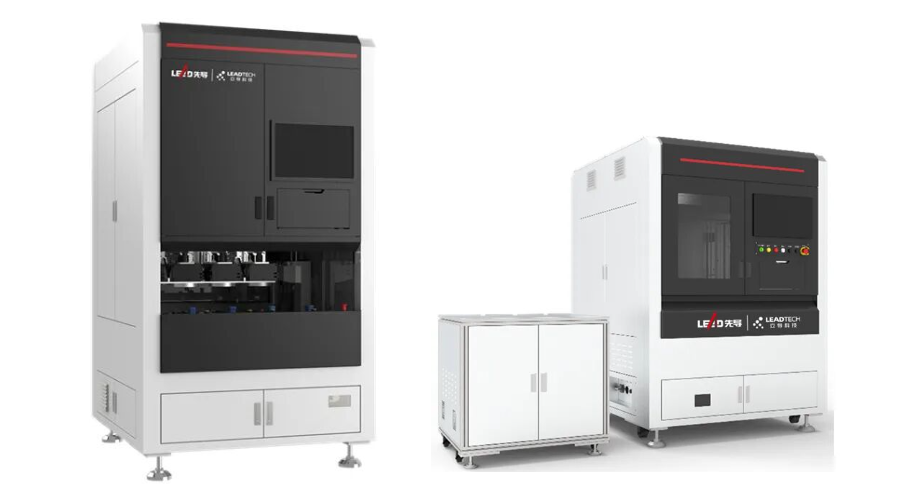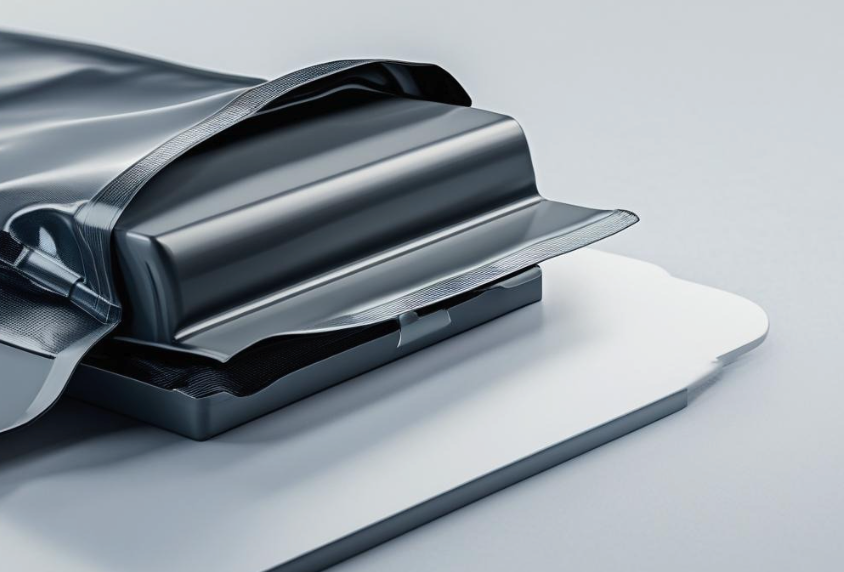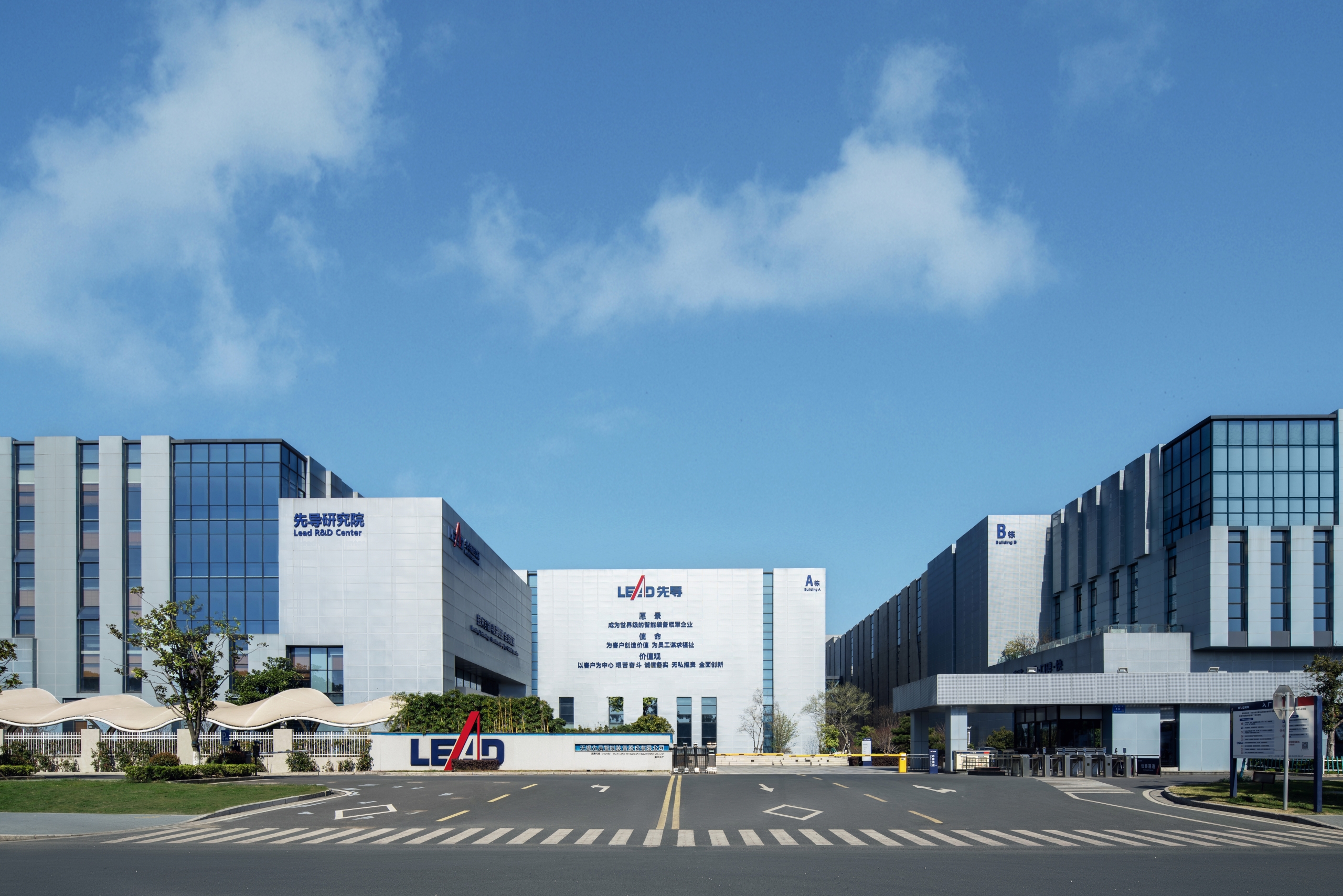
As high-end consumer electronics advance toward greater lightness, precision, and intelligence, next-generation smart devices are placing unprecedented demands on manufacturing processes and inspection accuracy. Balancing cutting-edge design with consistent quality and production efficiency has become a core challenge for the global supply chain. Recently, leading technology companies—including Xiaomi—have unveiled flagship products that are driving a new wave of foldable devices and AI-powered wearables. These innovations are not only redefining product design but also elevating upstream manufacturing standards.
While companies like Xiaomi set trends with their products, Lead Intelligent Equipment (hereafter referred to as LEAD) enables those trends to materialize through technology. Its core consumer electronics subsidiary, Leadtech Technology, has spent years building deep expertise and today serves as a strategic supplier to several of the world’s leading consumer electronics brands. More than equipment, it delivers the foundational manufacturing solutions that make large-scale production of foldable devices and AI-powered wearables possible.
3D Printing Repair Solution for Foldable Hinges
Foldable smartphones have created a new product category with their groundbreaking form factors, sparking fierce competition across the industry. At the center of performance lies the hinge—often described as the mechanical soul of a foldable device. Industry benchmarks currently demand hinges that endure more than 100,000 folds, while premium models are raising the bar to 200,000 and even 400,000 cycles, such as the TÜV Rheinland–certified hinge rated for 400,000 folds. Beyond durability, performance is also measured by crease control, lightweight design, and a seamless user experience.
To tackle micron-level surface defects that traditional processes cannot effectively repair, Leadtech Technology has developed an advanced 3D printing repair solution for hinges. The system integrates 2D and 3D cameras for high-precision scanning, capturing complete surface data in three dimensions. A deep learning algorithm then identifies dents, generates optimal repair paths, and enables intelligent filler material generation and slicing for precise restoration.
At the core of the repair process, a piezoelectric inkjet printhead precisely controls droplet volume to ensure maximum accuracy. Using UV-curable ink, the system prints finely detailed 3D structures—achieving precision comparable to micro-engraving on a strand of hair. After efficient layer-by-layer printing, the process is finalized with UV curing and rigorous re-inspection.
Multi-Axis AI Inspection Platform
The debut of Xiaomi’s AI glasses marks a significant milestone for China’s wearable industry, underscoring the vast potential of smart wearables. Products such as AI glasses and XR headsets are redefining human–machine interaction through immersive experiences, while pushing the supply chain to meet increasingly rigorous standards for precision manufacturing and quality control.
In response, Leadtech Technology developed a multi-axis AI inspection platform that integrates an innovative five-axis, multi-cavity design with its proprietary HySmart algorithm. The solution delivers a breakthrough in both quality and efficiency for appearance defect inspection in precision electronics. Equipped with a modular, patent-pending lighting system and a deep learning–based adaptive inspection algorithm, the platform enables full 360-degree, dual-sided coverage with zero blind spots. Meeting stringent standards for repeat positioning accuracy, it achieves industry-leading performance in both overkill and missed defect rates, greatly enhancing reliability.
To address the challenge of inspecting complex curved surfaces on AI glasses and XR devices, the platform supports high-speed imaging at 10 frames per second per cavity and AI processing at 10 GB per second per production line. It is powered by Leadtech Technology’s 5,000-TFLOPS computing center and a defect feature database exceeding 620 TB, supported by more than 20 data tools for full lifecycle management. This robust foundation ensures precise detection of even the most intricate surface defects. In addition, intelligent AI debugging tools reduce the skill threshold, shorten debugging cycles, and accelerate deployment into full-scale production.
To lead with technology is to stay anchored in long-term innovation—not to chase fleeting trends. To put the customer first is to remain market-oriented—not detached from real demand. Xiaomi shapes industry trends through its products, while Leadtech powers innovation through its solutions. Though their roles differ, they share the same goal: advancing the industry.
In today’s rapidly evolving tech landscape, Leadtech Technology remains committed to innovation and quality. As the invisible infrastructure behind the consumer electronics upgrade cycle, it continues to deliver intelligent, efficient, and precise solutions—laying the groundwork for a smarter future.







